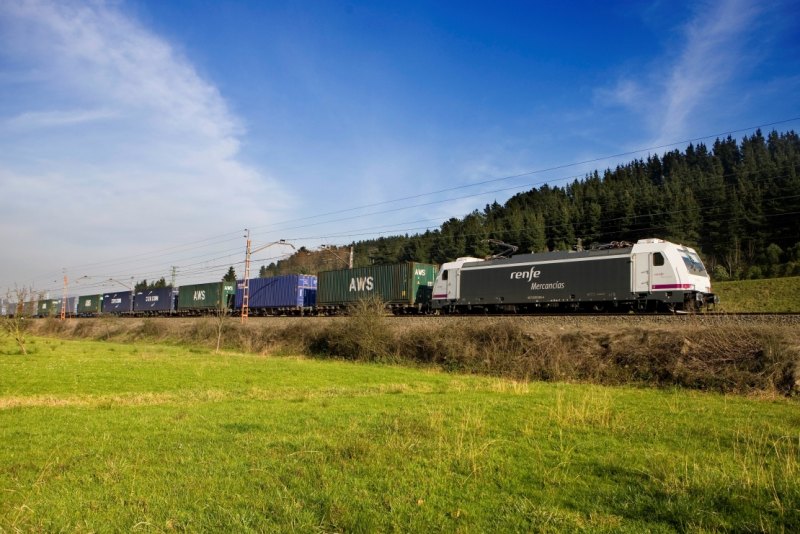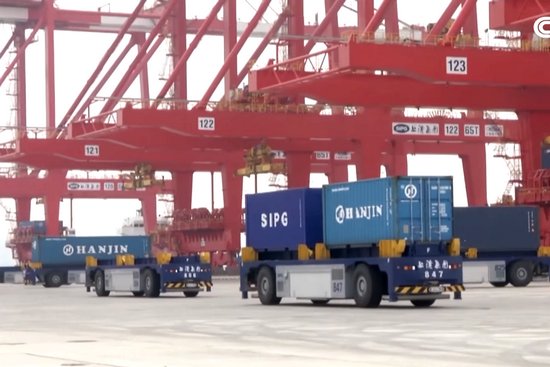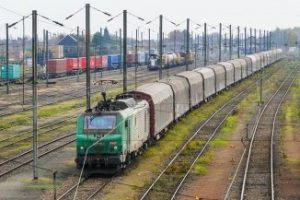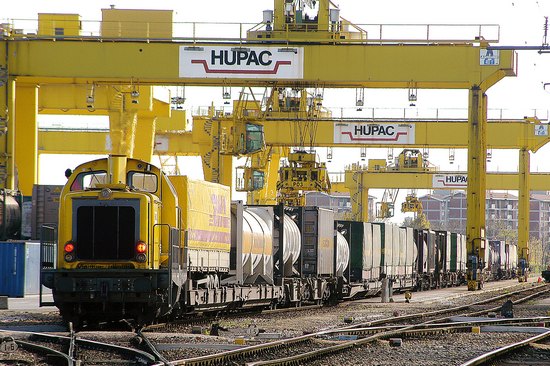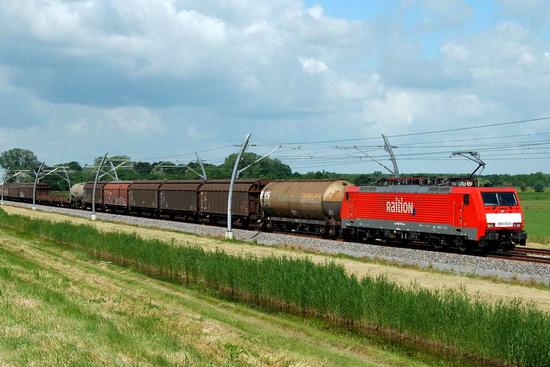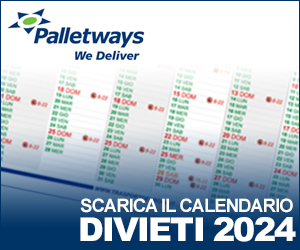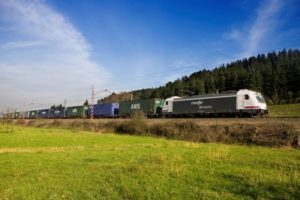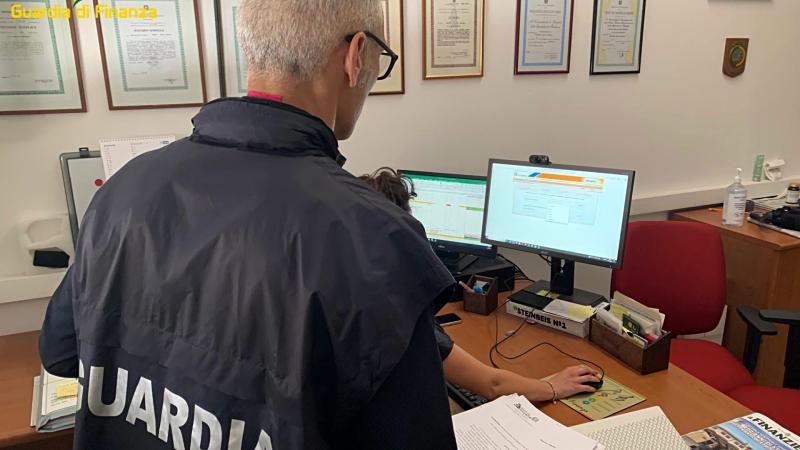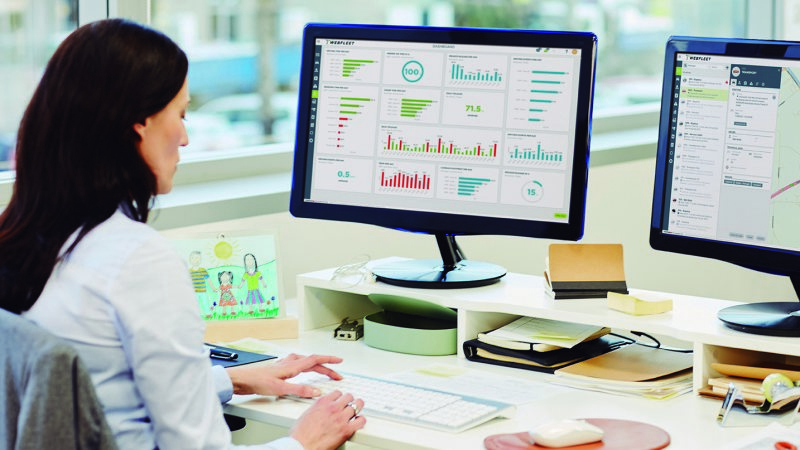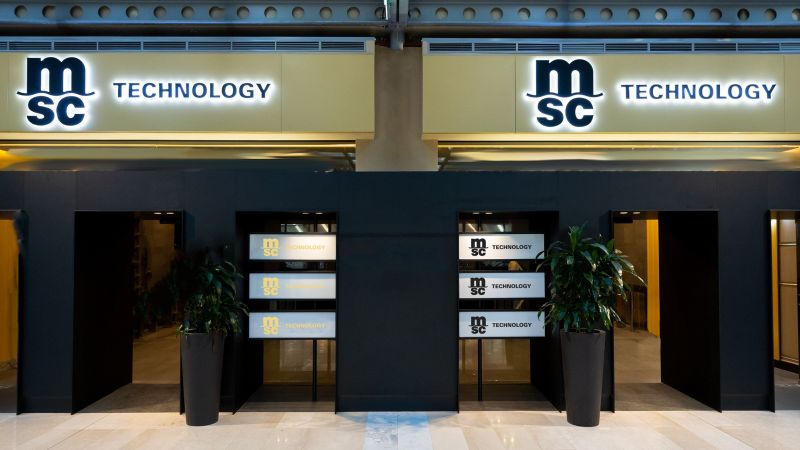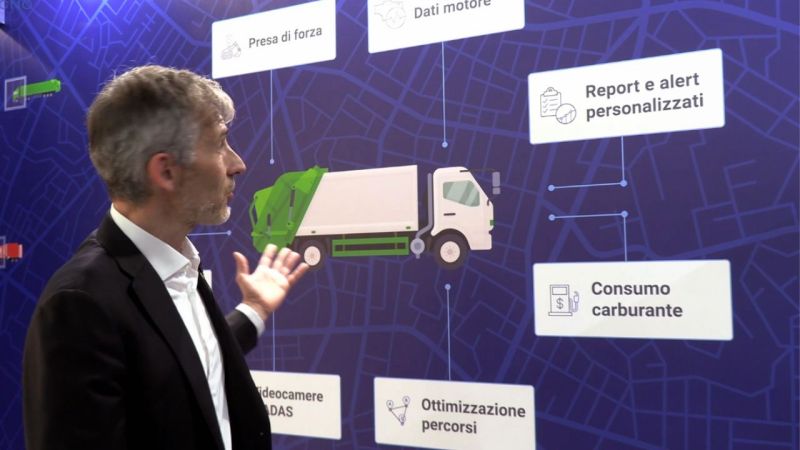These are challenging times for railway companies, grappling with rising costs such as energy and track access fees, as well as persistent construction works that disrupt services with delays and cancellations. Yet, some see a brighter future against all odds. This wave of optimism comes from France, based on a survey conducted by freight shippers (Autf - Association des Utilisateurs de Transport de Fret) and railway companies (Utpf - Union des Transports Publics et Ferroviaires), including the state-owned SNCF.
According to French operators, there is potential for significant growth in the next ten years for both conventional rail freight and combined road-rail transport. By 2030, traditional freight volumes, measured in tonne-kilometres, could increase by at least 13% and up to more than 50%, provided certain infrastructural and operational conditions are met. For intermodal transport, projections suggest an additional 100 daily shipments by 2035.
The wide range between minimum and maximum growth forecasts reflects the diverse scenarios that could unfold. Achieving the most ambitious growth scenario requires a marked improvement in the overall railway system. The study highlights operators' expectations, contingent upon infrastructure enhancements, with a particular focus on freight terminals, intermodal hubs, and upgrades to accommodate the P400 profile, which allows unrestricted transport of road semi-trailers. The final report, based on the survey findings, is not destined to sit idly in archives but aims to drive actionable proposals. To this end, a working group will be established, bringing together railway operators and SNCF Réseau, the network manager, to ensure the survey’s recommendations are implemented over time.
Another proposal from France has also drawn attention: a parliamentary bill aimed at accelerating the shift towards rail freight. If enacted, all logistics sites in France would be required to connect to the rail network. Operators of existing logistics hubs and platforms failing to comply would face an environmental transition tax—a form of penalty for maintaining less environmentally friendly profiles. For new developments, securing project approval would hinge on the construction of a rail link. However, the path for this legislative proposal is expected to be challenging, with anticipated opposition from logistics operators likely to be affected.
Piermario Curti Sacchi


